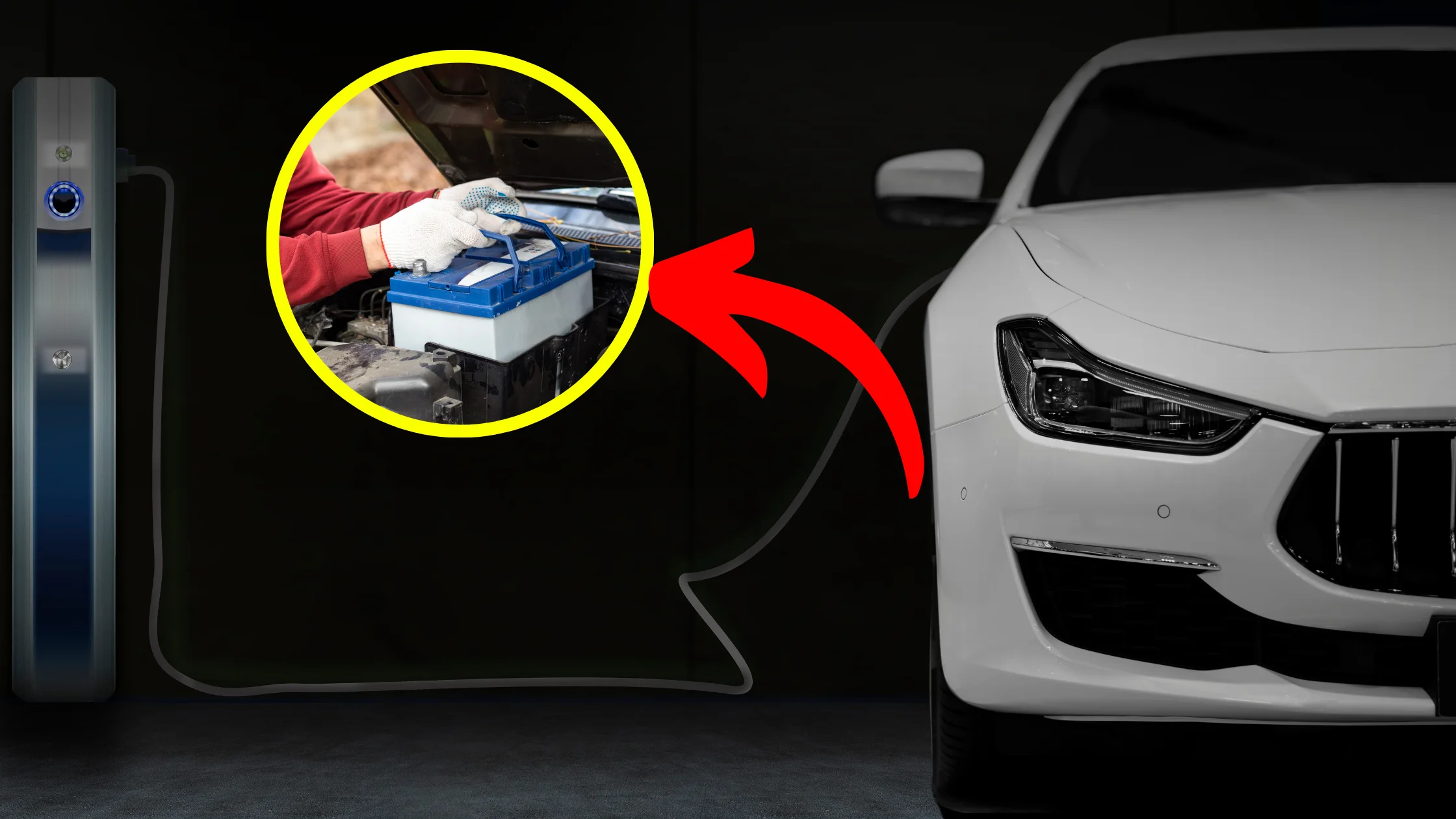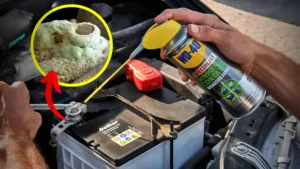Type of Battery is used in Electric Vehicles: Electric Vehicles are becoming very popular in this modern era. It has become one of the well known choices for the common mass. It has become one of the well-known choices as due to its environmental and efficient drivers. Firstly, while choosing an EV, one of the important factors is its battery. It is very important to know and comprehend the different types of batteries that are being used in Electric Vehicles, as this would be helpful in making informed decisions about choosing an EV. Through this article, we can delve to understand the most commonly used batteries in EV along with their advantages.
1) Lithium Ion Batteries
These batteries are the well-known batteries that are being used in EV, these are the most commonly used batteries. These are manufactured by using modern and leading technology. In this modern era, Lithium-Ion batteries are very popular. These batteries are being used by well-known companies such as Tesla, Nissan and Chevrolet for their EV models. Lithium Batteries are being manufactured in such a way that it has high energy density, these batteries have the ability to accommodate a high range of energy in a very compact space, this high density helps in gaining longer driving ranges for the EVs. These batteries also last for a longer period of time, it is well known for its durability. These batteries also come up with a very light weight structure, this helps in improved effectiveness and performance for the EVs.
2) Nickel Metal Hydride Batteries
NiMH batteries are another type of battery that has been used in EVs, these batteries are mostly being used in hybrid model such as Toyota Prius. Though it is not that popular like Lithium- Ion, but it does have many advantages. These batteries are highly durable, as this can accommodate a high amount of usage, and also this battery does not degrade easily. These batteries are regarded as highly safe, as it overheats a very minimal times, as compared to other batteries, this helps in increasing overall health of the battery and also safety of the vehicle. NiMH batteries are also environmentally friendly, as it produces less carbon footprints
as compared to older batteries, such as the batteries that are driven by lead-acid.
3) Solid State Batteries
These batteries are considered to be the evolving force in the electric vehicle market. Solid-state batteries are considered to be emerging technology, it has come up different strategies to transform the Ev market. Toyota is one the well-known company that has used this battery and also, they are developing this technology. These batteries have the capacity to accommodate high energy density, the energy density of these batteries are higher than Li-ion batteries, this density has helped in providing with driving force to the EV market. These batteries are also proven to be provide with more safety and reliability, as these batteries will help in reducing the risks of leaks and fires. It is not like other batteries, as it can be charged very quickly, it does not take huge time to get charged, and also it has the ability to hold the charge for a longer period of time.
Future Prospects:
Various researchers are trying to find various ways, they are working on it actively to come up with effective solutions to the challenges that can be occur due to the cost incurred, limitations of resources and high need of recycle, as these challenges needs to eradicate to increase the market reach and manufacturing of the batteries for the EV. Technological advancements and innovations of batteries like Solid-state batteries, and effective recycling ways could be very helpful in getting into the way to acquire more effective and sustainable EV battery solutions.
Conclusion:
Electric vehicles (EVs) are increasingly popular due to their environmental and efficient benefits. The choice of battery is crucial in choosing an EV, and understanding the different types of batteries used is essential for making informed decisions. Lithium-Ion batteries, manufactured using modern technology, are popular among companies like Tesla, Nissan, and Chevrolet. These batteries have high energy density, allowing for longer driving ranges and durability. They are lightweight and lightweight, making them more effective and efficient. NiMH batteries, used in hybrid models like Toyota Prius, are durable, safe, and environmentally friendly. Solid-state batteries, developed by companies like Toyota, have high energy density, providing driving force to the EV market. They are also known for their safety and reliability, reducing leaks and fire risks. They can be charged quickly and hold charge for longer periods. Researchers are actively working on solutions to challenges such as cost, resource limitations, and recycling needs to increase the market reach and manufacturing of EV batteries.




